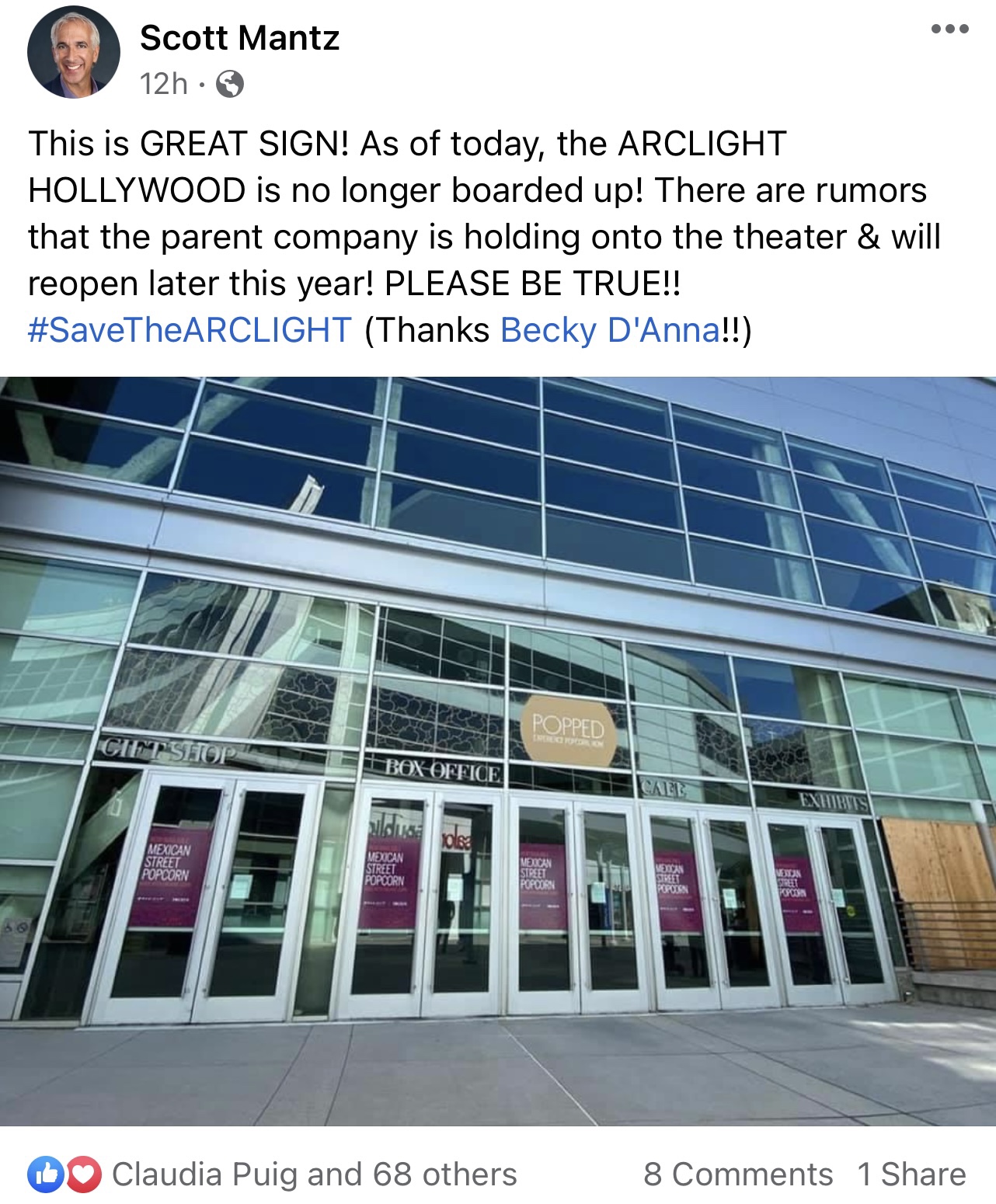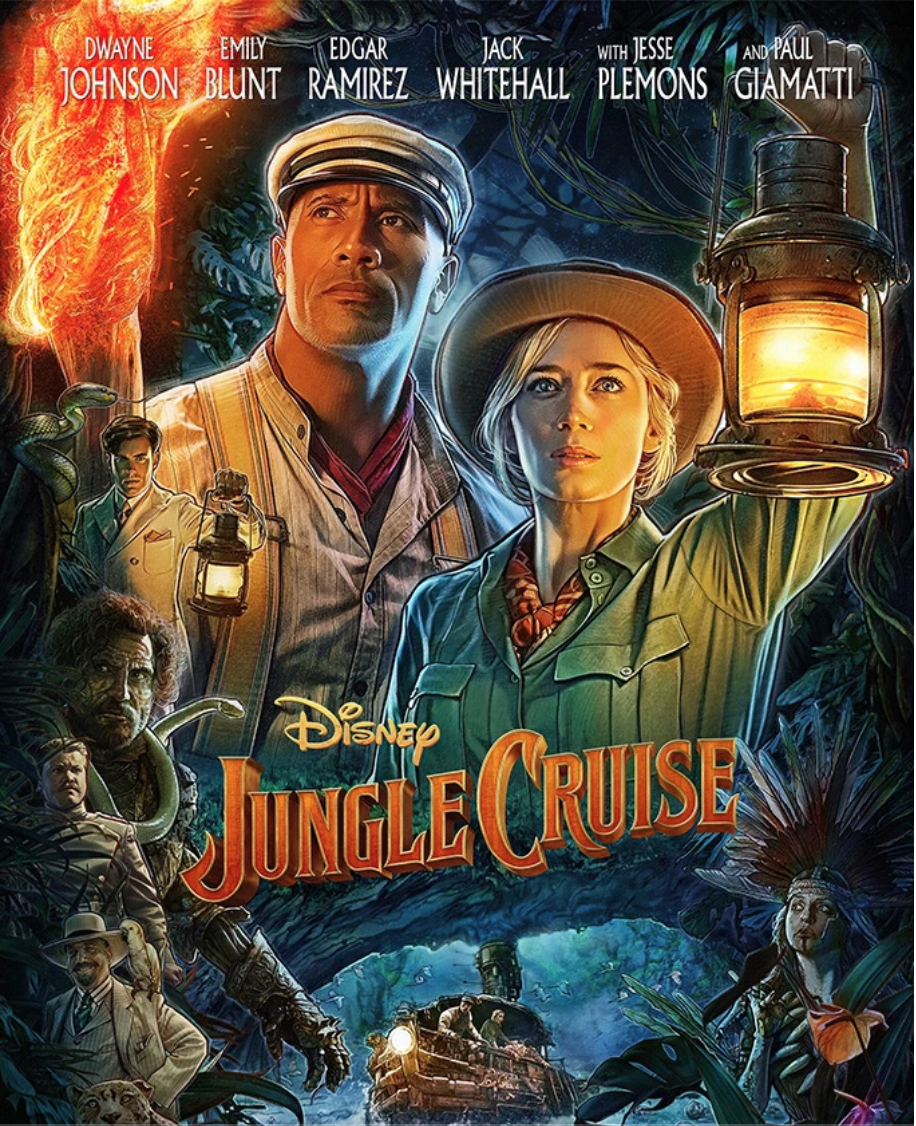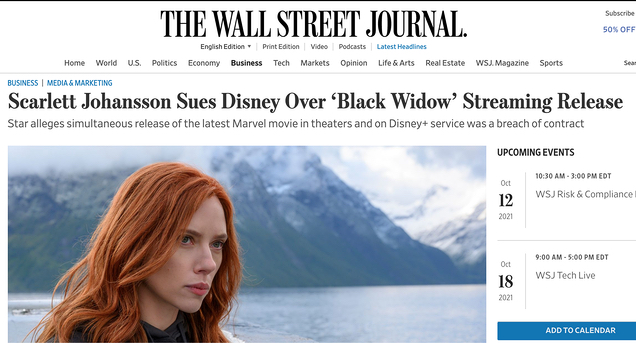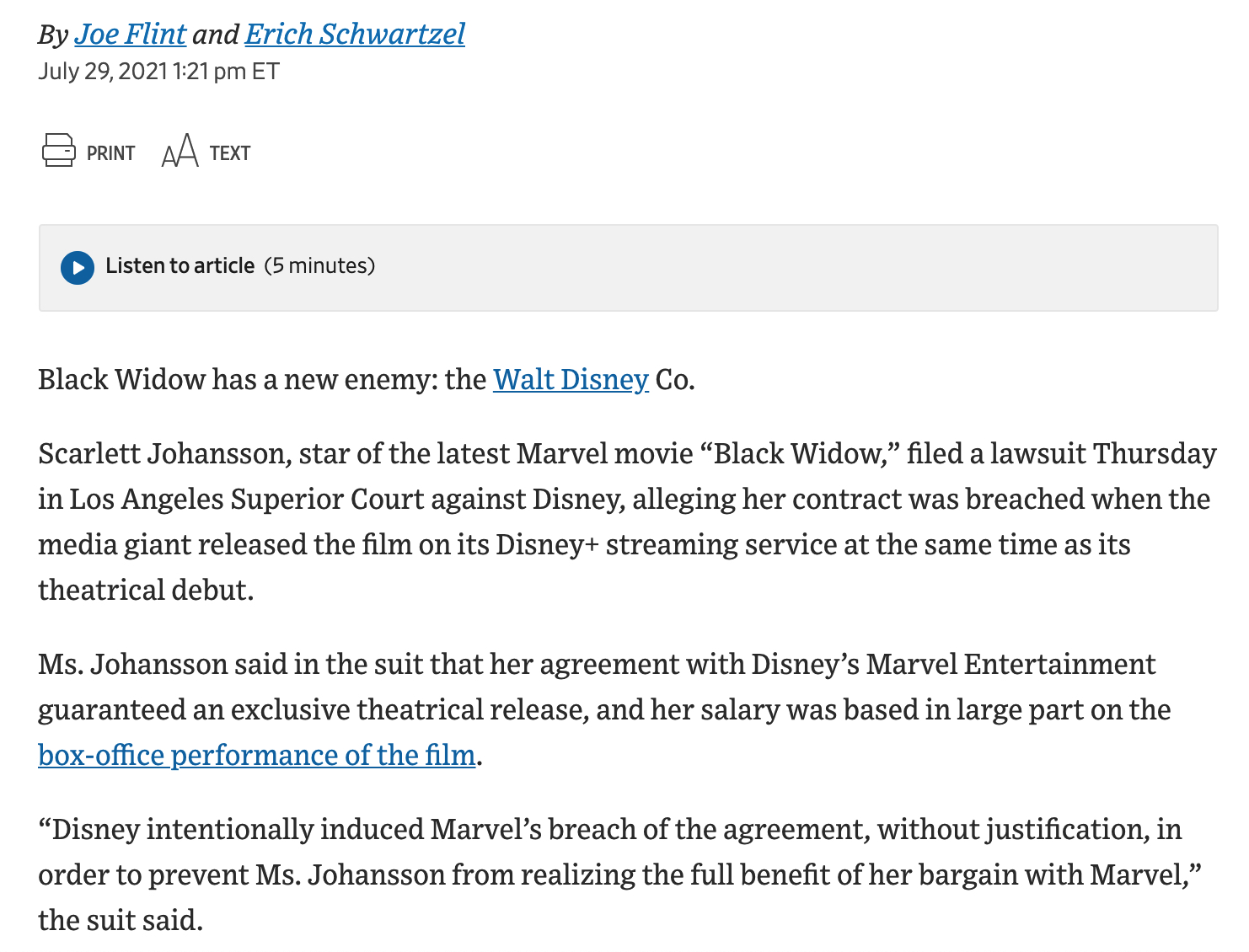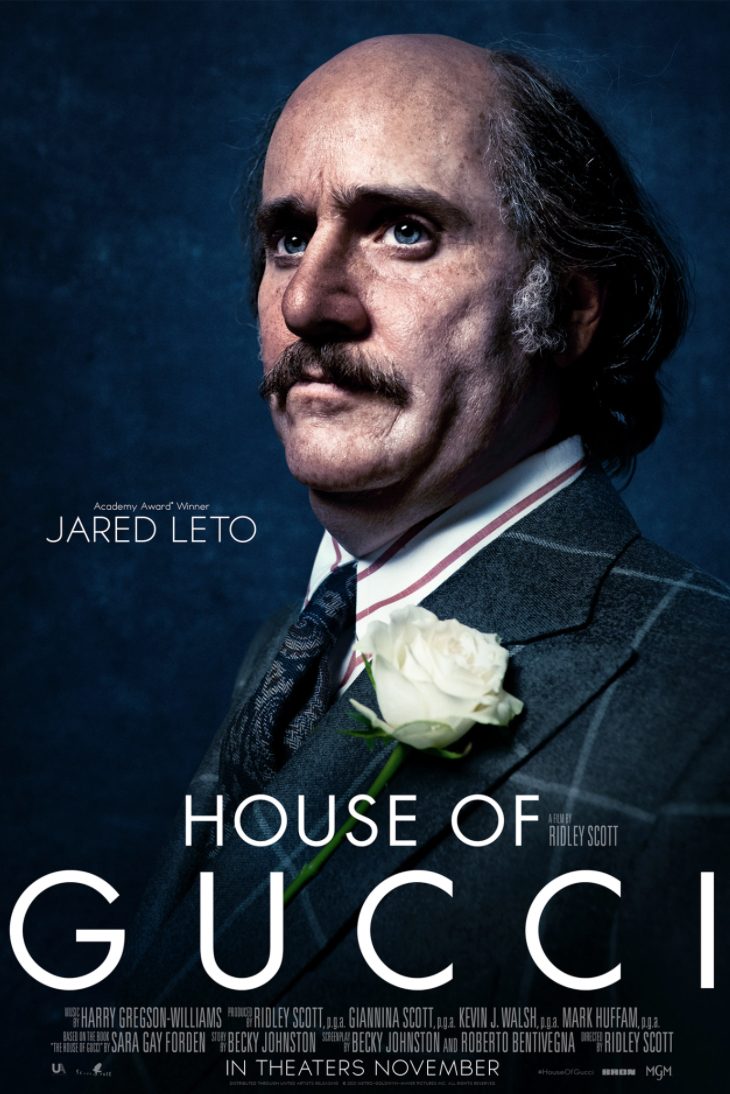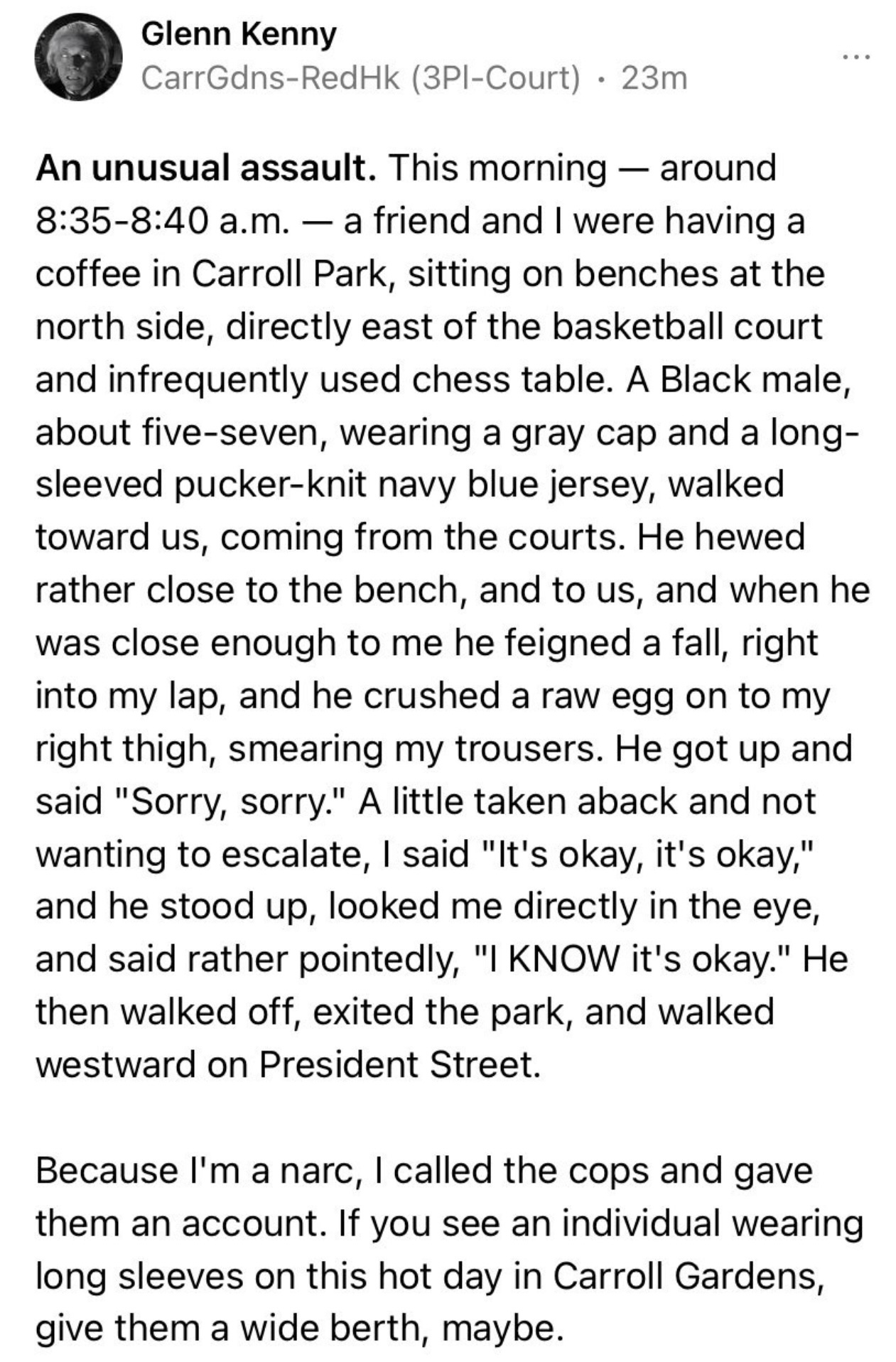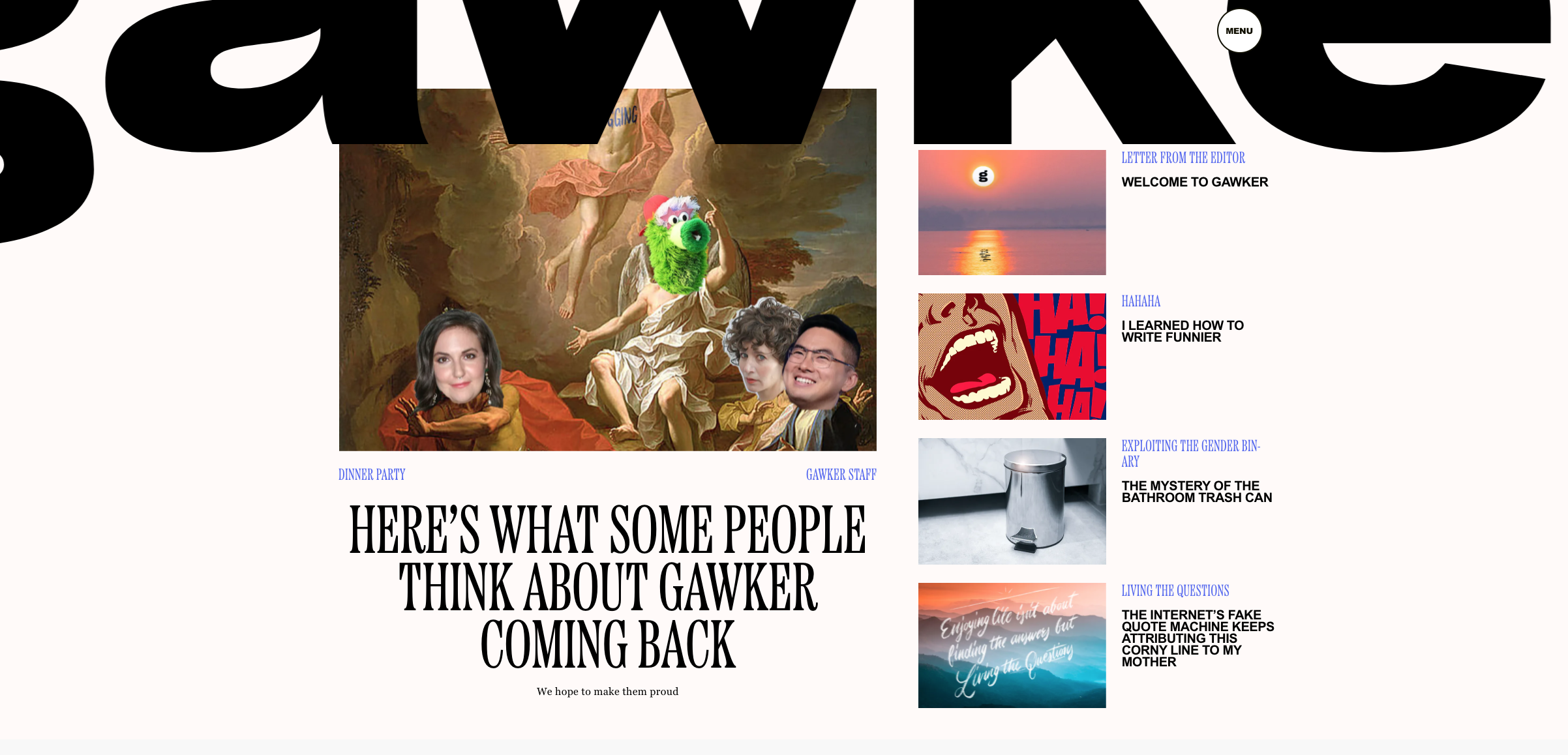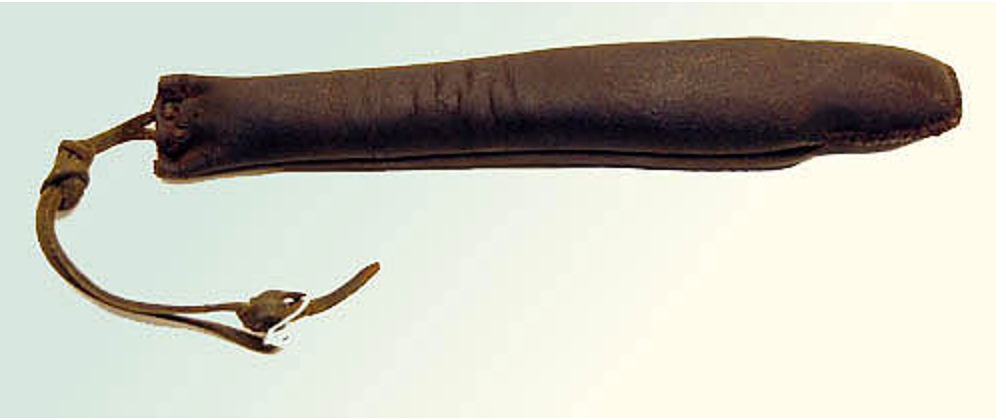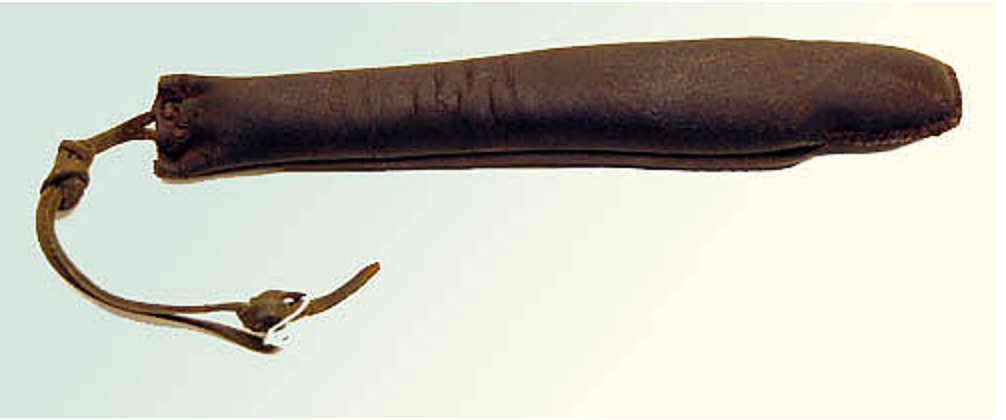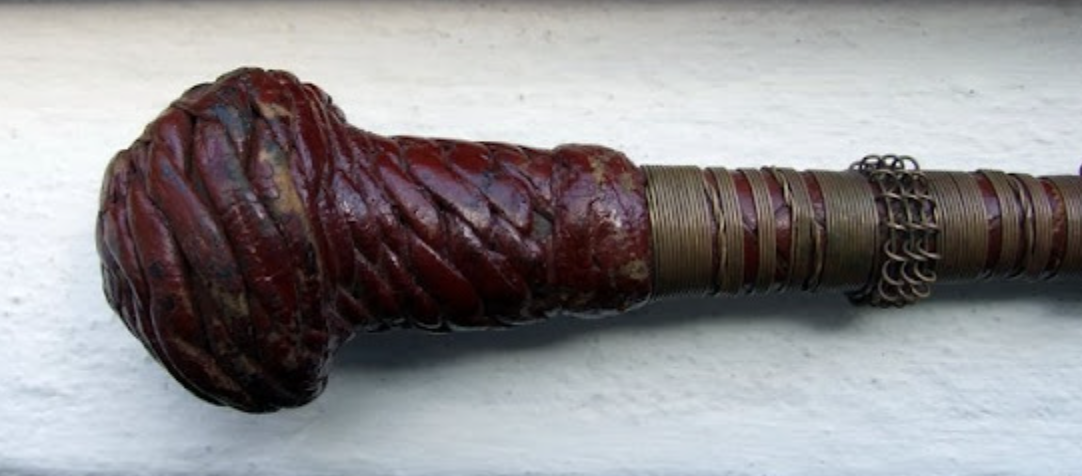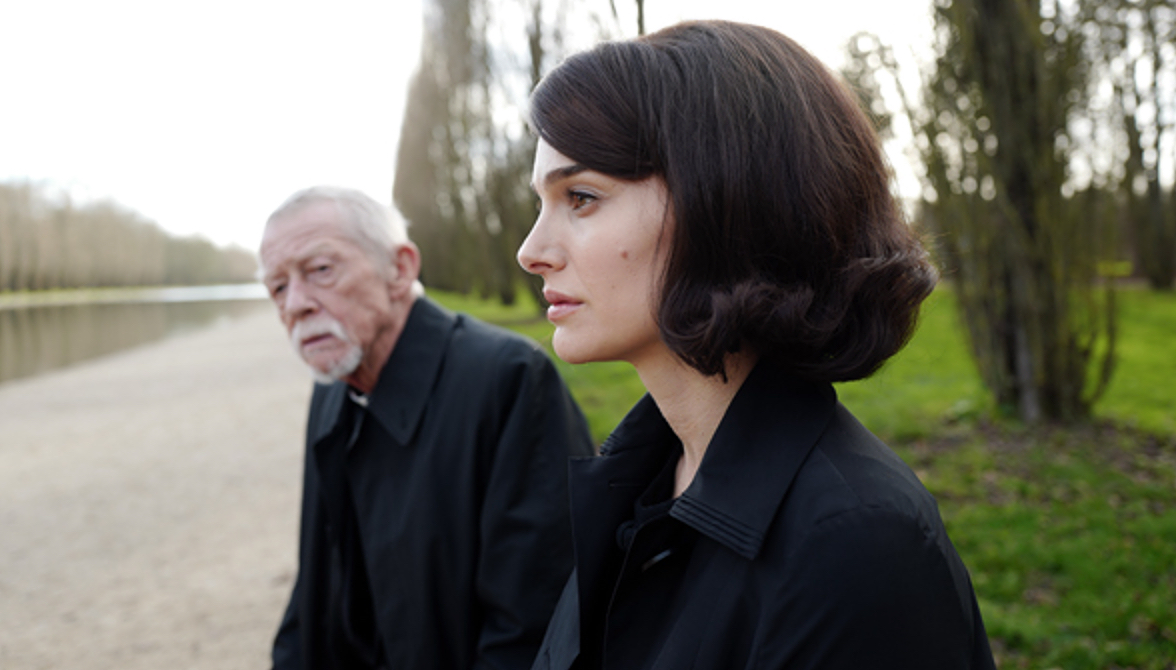In a 7.29 Medium piece titled “Who Owns My Name?,” the notorious (convicted of murder but later exonerated) Amanda Knox justifiably complains about Tom McCarthy and Matt Damon‘s Stillwater (Focus, 7.30).
Her understandable beef is that the film, loosely inspired by Knox’s conviction for the November 2007 murder of roommate Meredith Kercher (which was later overturned and then invalidated in 2015), has brought renewed negative associations back into her life. Once again she’s being regarded far and wide as an allegedly immoral woman with a shady past.
Even a term like “notorious” (which I’ve just used) is hurtful, Knox is arguing, because it implies there’s something wanton or dicey about her, when in fact she was wrongly accused and convicted by Italian authorities. Kercher’s actual confessed murderer is a sketchy dude named Rudy Guede.
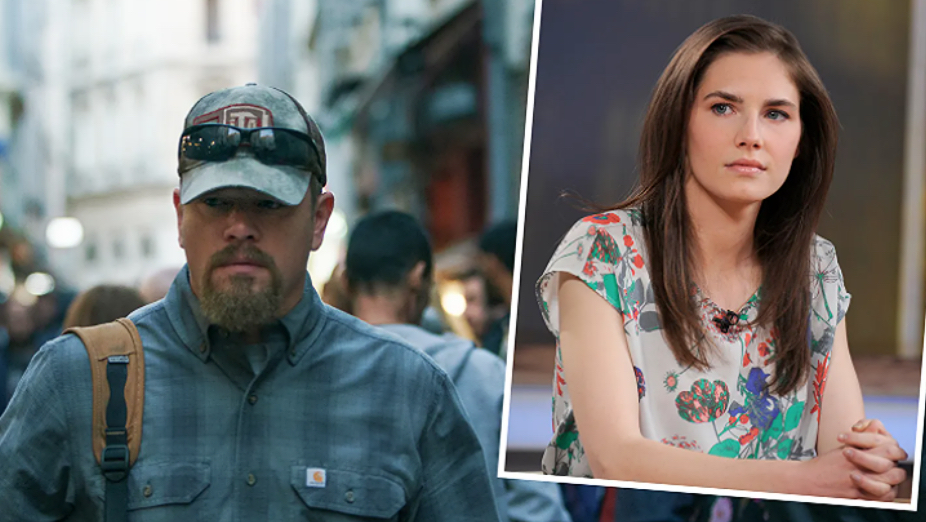
In reviews and discussions of Stillwater, many critics and columnists have mentioned Knox’s 2007 murder conviction but not her 2015 exoneration. You have to admit that Knox has a point.
Medium excerpt: “’We decided [to] leave the Amanda Knox case behind,’ McCarthy tells Vanity Fair. ‘But…take this piece of the story — an American woman studying abroad involved in some kind of sensational crime and she ends up in jail — and fictionalize everything around it.”
“Let me stop you right there. That story, my story, is not about an American woman studying abroad ‘involved in some kind of sensational crime.’ It’s about an American woman NOT involved in a sensational crime, and yet wrongfully convicted.”


